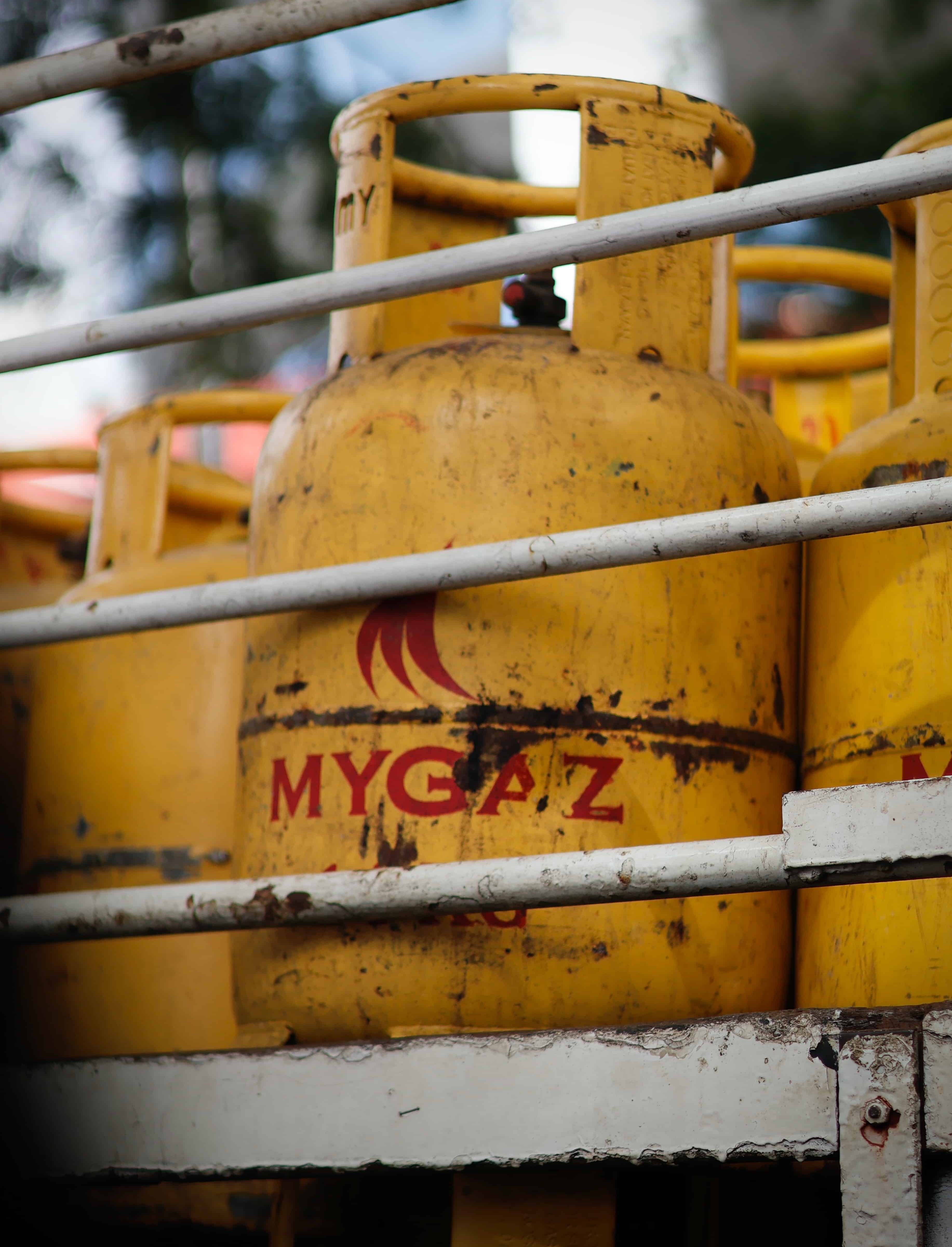Key Takeaways:
- Historic Funding Effort: The Global Methane Hub (GMH) announces over $200 million in funding for R&D to reduce livestock methane emissions.
- Collaborative Approach: A diverse mix of public, private, and philanthropic partners, including the Bezos Earth Fund, Danone, and several governments, are involved.
- Enteric Fermentation R&D Accelerator: This largest-ever global initiative focuses on breakthrough research to tackle livestock methane emissions.
- Strategic Research Direction: The Accelerator aims to address current research gaps and develop solutions like low-methane livestock and methane vaccines.
- Urgency of Reducing Methane Emissions: With agriculture accounting for a significant portion of global methane emissions, this initiative is crucial to meeting the Paris Agreement goals.
The Initiative
At COP28, the Global Methane Hub announced an unprecedented initiative, the Enteric Fermentation R&D Accelerator, or Accelerator. This initiative is a collaborative funding effort exceeding $200 million dedicated to researching and developing technologies to address and meaningfully reduce methane emissions from livestock.
Partnerships and Funding
Key partners in this initiative include the Bezos Earth Fund, Quadrature Climate Fund, Gerstner Philanthropies, High Tide Foundation, Bill & Melinda Gates Foundation, The Zegar Family Foundation, Danone, and the governments of Ireland, New Zealand, and the United States. This diverse blend of public, private, and philanthropic partners underlines the global commitment to tackling climate change.
The Enteric Fermentation R&D Accelerator
The Accelerator is set to be the largest globally coordinated investment in research targeting livestock methane emissions. The aim is to unite funders under a science-led oversight committee, focusing on a globally coordinated research plan. This approach seeks to fill the gaps in current research and enhance ongoing efforts.
Key areas of research include:
- Developing new livestock feed additives.
- Breeding low-methane livestock.
- Exploring methane vaccines.
- Improving measurement technologies for regulatory approval and validation of mitigation technologies.
Methane Emissions in Agriculture
Around 40% of global methane emissions stem from agriculture, with 70% of this due to enteric fermentation in cows. This natural digestive process results in the release of methane, a potent greenhouse gas, through belching.
Despite the significant contribution of agriculture to methane emissions, current research needs to be more extensive and coordinated to provide transformative solutions, especially for the farming community.
Hayden Montgomery, Agriculture Program Director at the Global Methane Hub, highlights the critical role of philanthropy in driving climate action and aligning key players in the field. The Accelerator aims to rapidly develop and validate multiple solutions for reducing enteric methane.
Commitment from Corporate Partners
Danone, a leading dairy company, emphasizes collaboration in finding new solutions and achieving sizable impacts. Their participation underlines the importance of corporate responsibility in climate action.
Meeting Global Climate Goals
Agricultural methane is projected to increase by 40% by 2050, and significant emission reductions are necessary to meet the Paris Agreement targets. The Accelerator’s efforts in reducing methane emissions are vital in mitigating global climate change.
The Global Methane Hub’s Enteric Fermentation R&D Accelerator represents a significant and collaborative effort to address one of our time’s most pressing environmental challenges. By bringing together a diverse group of stakeholders, the initiative promises to accelerate the development of practical solutions to reduce methane emissions from livestock, contributing significantly to global climate mitigation efforts.



3 Comments